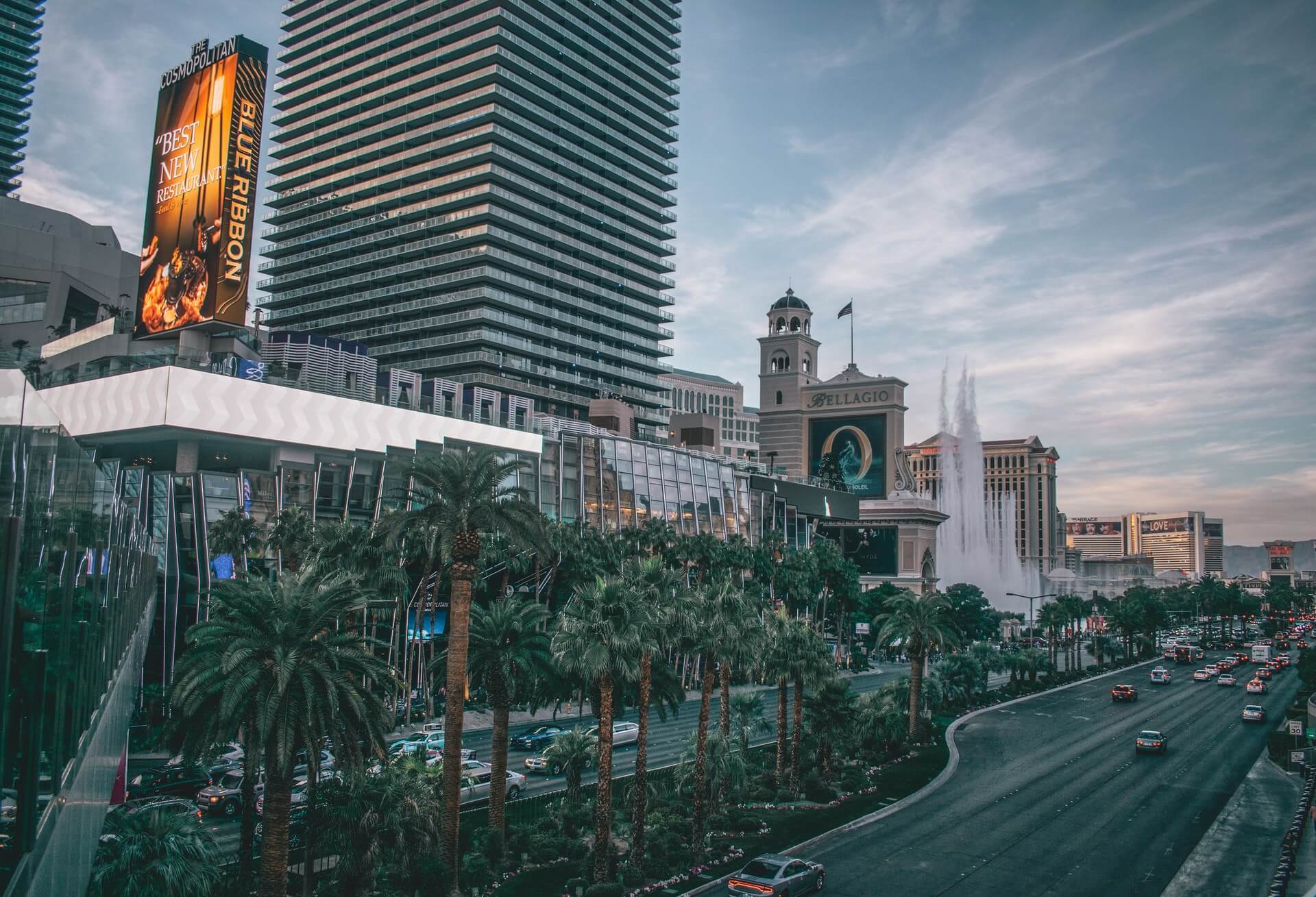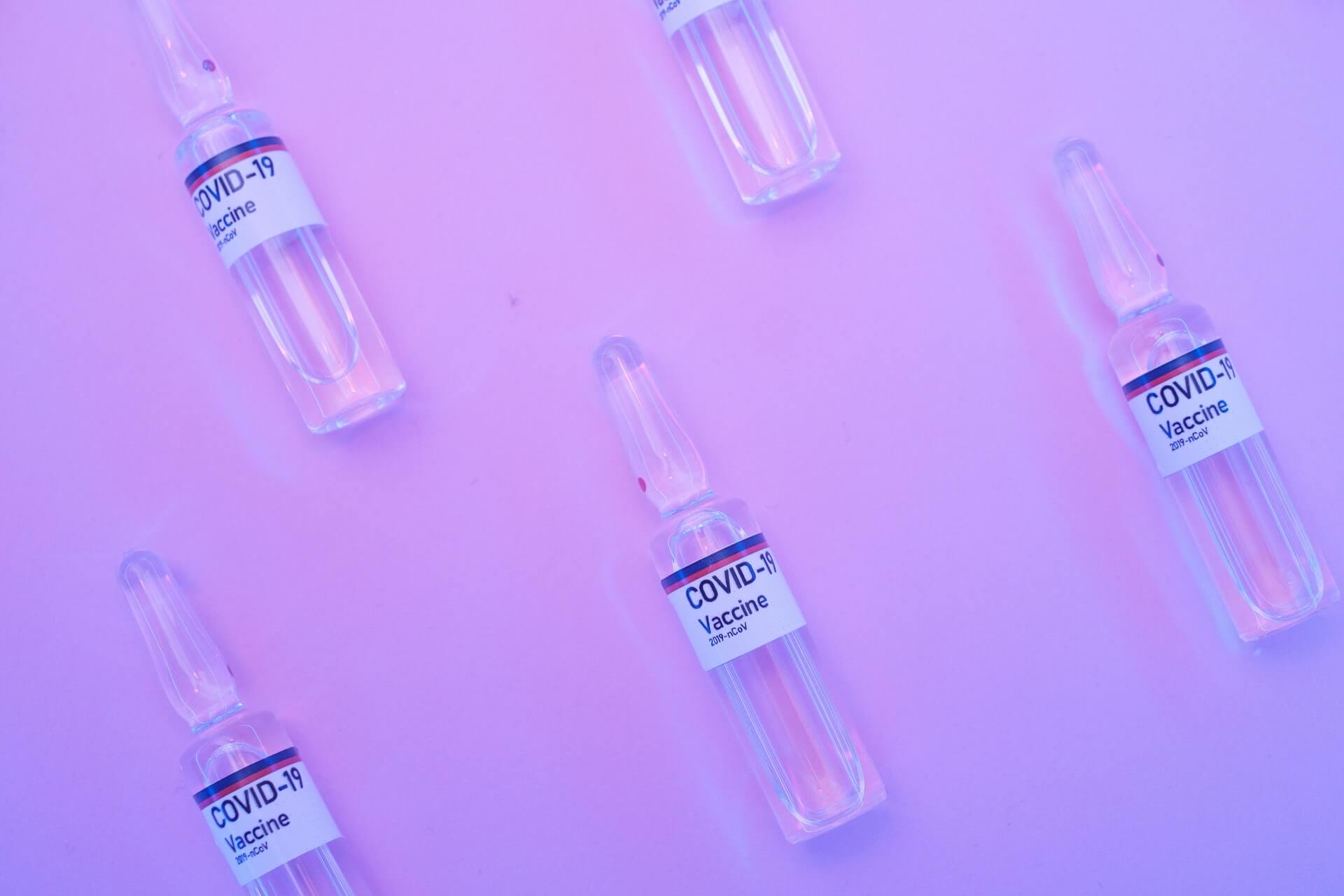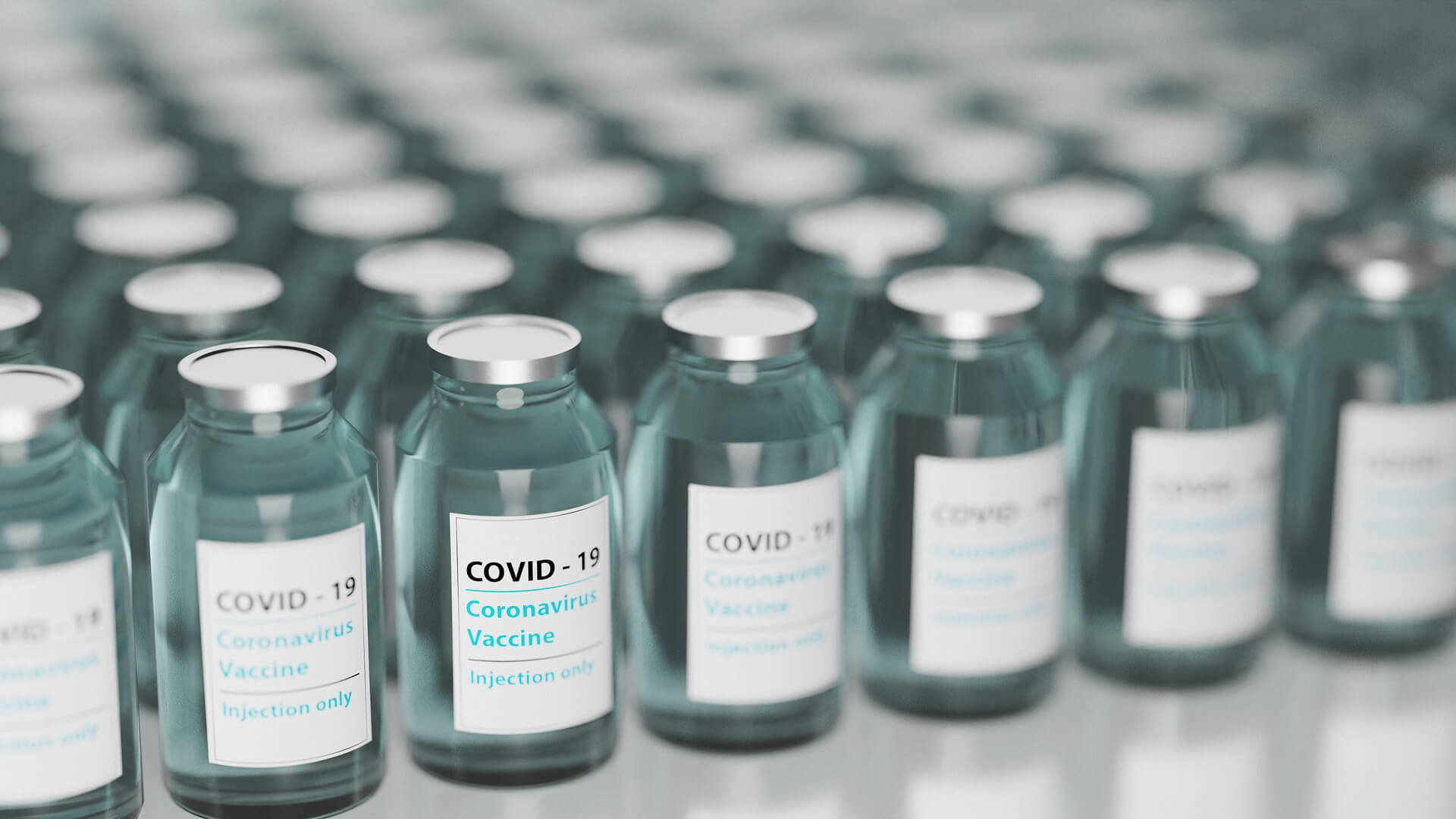Las Vegas CEO Offers Vaccination Bonus
by David Klemt

One CEO in the hospitality and lodging industries is offering employees a bonus for getting the Covid-19 vaccine.
William McBeath, president and CEO of The Cosmopolitan of Las Vegas, is incentivizing the resort’s staff with cash bonuses.
Conversely, workers who decline inoculation must take weekly Covid-19 tests.
Cash Incentive
Per the Review-Journal, the largest daily newspaper in Nevada, McBeath is using a tiered approach to the bonuses.
If the resort meets the vaccination goal, the property could pay $1 million to staff.
According to reporting, The Cosmo is pushing for at least 80 percent of staff to receive first doses of a Covid-19 vaccine by the first of May.
The tiered system works as follows:
- 60 Percent Vaccination Rate: $50
- 70 Percent Vaccination Rate: $100
- 80 Percent Vaccination Rate: $250
- 90 Percent Vaccination Rate: $350
- 100 Percent Vaccination Rate: $500
The most an employee stands to make is a one-time bonus of $500. Clearly, the 80 percent vaccination rate bonus is an amount the resort finds motivational and a reasonable cost.
Weekly Tests
There are a number of reasons someone may decide against a vaccine. Operators must understand that vaccination is a personal choice.
Requiring staff receive vaccinations is a slippery slope. Setting aside legal ramifications, doing so will likely result in staff attrition, awful PR, and long-term damage to a business.
That’s to say nothing of the failure in emotional intelligence that forcing vaccinations on employees would highlight.
Instead, McBeath’s approach respects an individual worker’s autonomy. The president and CEO isn’t forcing The Cosmo’s staff to receive vaccines. Rather, he’s incentivizing workers to reach the goal set for the resort.
There are no credible reports of Cosmopolitan employees facing termination for refusing vaccination. I was also unable to find any reports of retaliation.
According to Review-Journal reporting, unvaccinated workers will undergo Covid-19 testing. Starting May 1, Cosmo employees who work a maximum of three days per week will be given a test once per week. Those who work four or more days per week will be tested twice per week.
Nevada Seeks to Increase Occupancy Limits, Reopen State
McBeath’s May 1 deadline makes even more sense when one considers current occupancy limits and reopening plans.
Currently, casinos in the Silver State are operating at 50-percent capacity. On May 1, the Nevada Gaming Control Board will be responsible for deciding gaming floor occupancy. In preparation, the NGC wants more of Nevada’s hospitality workers to receive vaccinations.
Additionally, Governor Steve Sisolak has set a June 1 date against reaching 100-percent occupancy statewide. So, The Cosmo’s goal of 80-percent staff inoculation by May 1 makes a lot of sense.
Operators in hospitality and lodging can use McBeath’s incentive program in their own businesses. If it’s crucial to them and their businesses, operators should set a staff vaccination rate goal and implement a bonus schedule that appeals to workers while remaining realistic.
Image: Zachary DeBottis from Pexels


